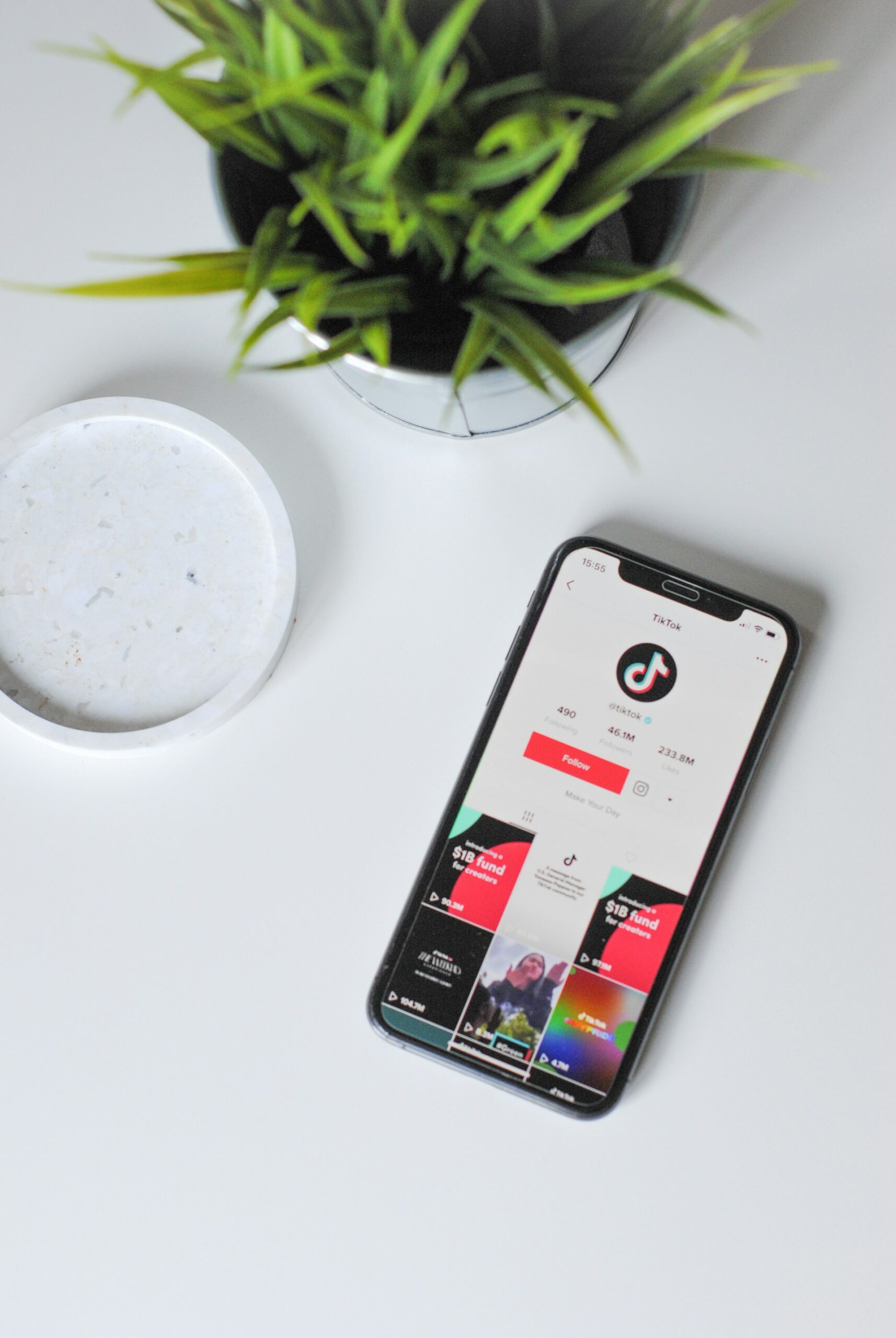By Ashley Barnes, M.S.
Social Media
Social media is a form of internet-based communication that allows people to create, share, and exchange information and ideas in virtual communities and networks. It can include text, visuals, personal messages, and other content, such as videos. Social media often features user-generated content that encourages engagement through likes, shares, comments, and discussion.
Uses for social media include:
- Connecting with others: People can use social media to build relationships, have conversations, and connect with their audience.
- Sharing Information: People can use social media to share ideas, personal messages, and other content.
- Marketing: Brands and creators can use social media marketing to sell products or services, connect with their audience, and build their brand.
- Creating Content: People can use social media to create web content, such as blogs and podcast
Some popular social media platforms include:
- TikTok
- Snapchat
- YouTube
While social media can be beneficial, it can also pose challenges for users, such as burnout, social media addiction, and the spread of information that isn’t accurate.
Social Media and Mental Health
Social media use can have both positive and negative effects on mental health, but some studies have found that spending more than three hours a day on social media can increase the risk of negative outcomes for teens and young adults:
- Negative effects: These include depression, anxiety, loneliness, addiction, low self-esteem, feelings of missing out (FOMO), and internalizing negative feelings about oneself (Yale Medicine, 2024).
- Positive effects: These include sharing and connecting, getting news and information, and meeting new people.
Some studies have also found that certain groups may be more at risk, including adolescent girls, those already experiencing poor mental health, and those who are exposed to cyberbullying (Harvard School of Public Health, 2023):
- Cyberbullying: This can lead to depression and other mental health conditions.
- Social comparisons: Seeing others’ lives on social media can expose teens to idealized self-presentations that can negatively impact body image and encourage social comparisons.
- Unrealistic appearances: Social media platforms like Facebook, Instagram, and Snapchat can increase the likelihood of seeing unrealistic, filtered photos at a time when teen bodies are changing.
Surgeon General Warning
Surgeon General Vivek Murthy has been advocating for social media warning labels which would highlight the aforementioned risks of social media use. The warnings would be alike those found on tobacco and alcohol products.
The Surgeon General is urging technology companies to share internet data on the health impacts of their products, restrict features like push notifications, autoplay, and infinite scroll, as well as allow independent safety audits.
According to a recent Gallup survey, teens spend an average of 4.8 hours on social media a day on platforms such as TikTok and Instagram.
How to Help
Mental health professionals such as therapists and child and adolescent psychiatrists can help teens find a safe environment to discuss and process their mental health challenges.
The Mental Health Center works with psychiatrists and therapists who specialize in treating teens and supporting them with mental health concerns.
- Candyce DeLoatch, MD: Dr. DeLoatch is a member of the American Board of Psychiatry and Neurology. She is a board-certified psychiatrist, specializing in General Adult and Child & Adolescent Psychiatry. Dr. DeLoatch has also provided consultation and liaison services for UCLA Santa Monica Hospital, and has spent the last several years working in community mental health providing treatment for foster youth.
- Daniel Son, MD: Dr. Daniel Son is unique in having completed formal fellowship training in both Child & Adolescent and Addiction Psychiatry. He has a particular interest in the treatment of severe mental illness and adolescents with addiction issues.
- Ellie Mizani, MD: Dr. Ellie Mizani is a psychiatrist specializing in child and adolescent psychiatry and addiction medicine. She is board-certified by the American Board of Psychiatry and Neurology. She is one of few psychiatrists practicing in the Los Angeles area with formal training in child and adolescent psychiatry as well as addiction medicine.

